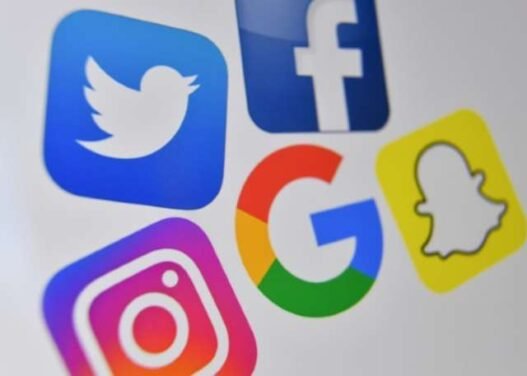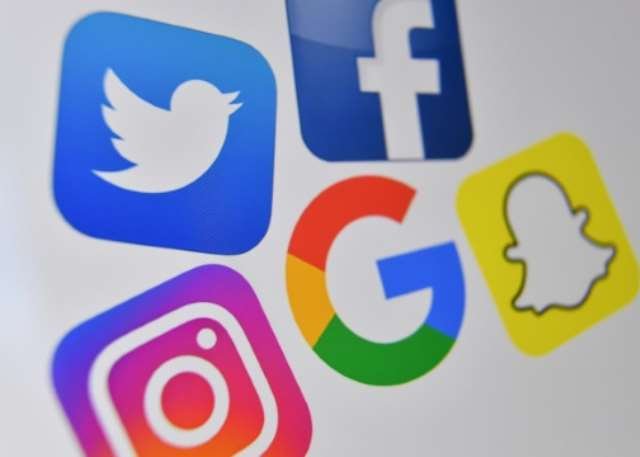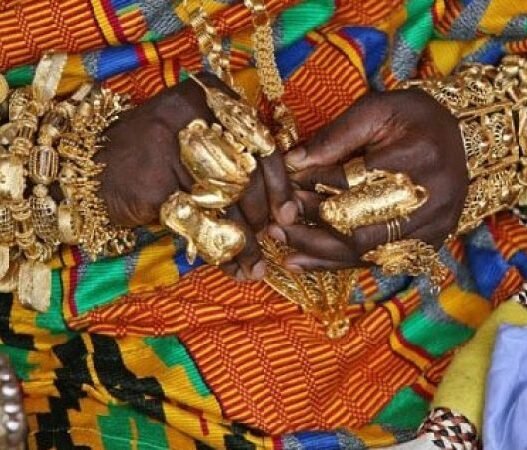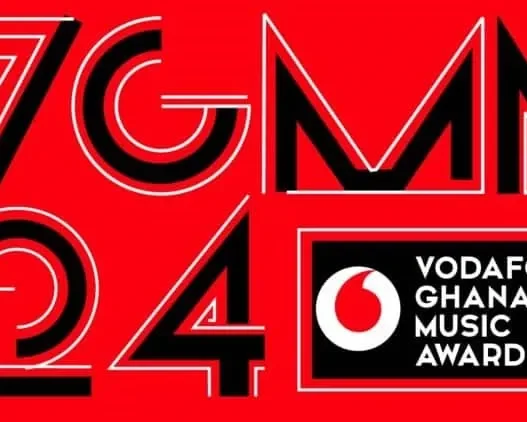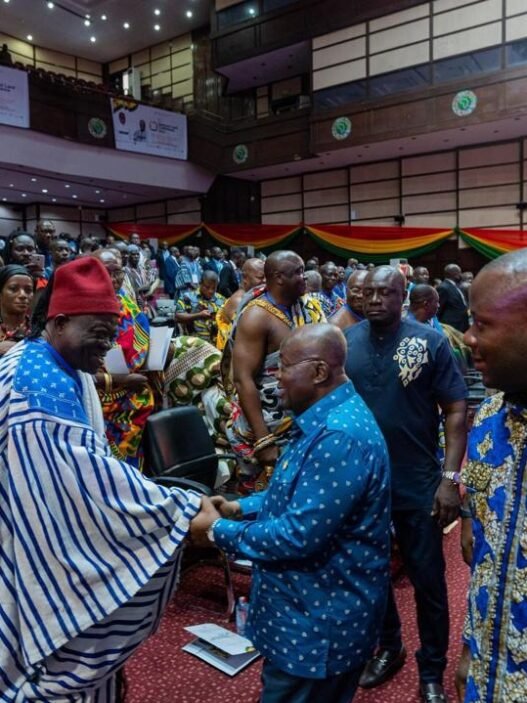In Ghana’s dynamic blend of tradition and modernity, social media influencers have become influential cultural voices. With just one post, these digital figures can shape opinions, ignite trends, and inspire aspirations among the youth. Yet, as their influence expands, questions arise about their authenticity and the ideals they promote. Are they truly inspiring dreams, or are they merely selling an illusion of glamour for likes and engagement?
Are they truly inspiring dreams, or are they merely selling an illusion of glamour for likes and engagement?
The Genesis of Influence
The rise of social media has transformed communication, marketing, and politics. In Ghana, platforms like Instagram, TikTok, and Twitter have created a new economy, enabling everyday individuals to become influencers, amassing large followings and lucrative brand partnerships. The allure is undeniable: with enough followers, one can turn passion into profit, gaining celebrity status without traditional avenues.
This shift is particularly pronounced among Ghana’s youth, who increasingly turn to social media for inspiration, guidance, and connection. The emergence of influencers—from beauty gurus and fashionistas to fitness experts and lifestyle coaches—has created a paradigm where public perception is shaped not by politicians or traditional media, but by these self-made digital stars.
The Allure of the Influencer Lifestyle
Influencers often portray an aspirational lifestyle that captivates their followers. They showcase luxurious vacations, trendy outfits, and gourmet meals, painting a picture of success that many young Ghanaians yearn to emulate. With each like and share, influencers reinforce the idea that happiness and fulfillment are just a few followers away.
Yet, beneath this glossy exterior lies a complex reality. Many influencers invest significant time and resources into curating their online personas. The stunning images are often the result of extensive editing, careful staging, and considerable financial investment. The reality is often far removed from the perception, leading to a culture of comparison that can leave many feeling inadequate.
The Psychological Toll of Social Media
The impact of social media on mental health has been a subject of extensive research, and the findings are concerning. Studies indicate that excessive social media use can lead to anxiety, depression, and a distorted self-image, particularly among young people. In Ghana, where the pressure to succeed is already palpable, the influence of social media can exacerbate feelings of inadequacy and discontent.
For many youths, the curated lives of influencers become a benchmark against which they measure their own success. This can lead to a cycle of envy and dissatisfaction, where individuals constantly chase an unattainable ideal. As the popular saying goes, “Chale, it’s not easy out here.” The struggle to balance aspirations with reality can create a mental health crisis that often goes unaddressed.
The Role of Brand Partnerships
The commercial aspect of influencer culture cannot be overlooked. As influencers build their brands, they often enter into partnerships with companies looking to reach younger audiences. This has given rise to a new form of advertising—one that is often more relatable than traditional marketing. Influencers tout products, from skincare lines to fashion brands, presenting them as essential components of their enviable lifestyles.
However, this practice raises ethical questions. Are these influencers genuinely using and believing in the products they promote? Or are they merely cashing in on their followers’ trust for financial gain? The lack of transparency in influencer marketing can erode trust and lead to skepticism among consumers. In a country where authenticity is highly valued, the chasm between perception and reality can be jarring.
Some influencers have faced backlash for promoting products that do not align with the values of their audience. This has led to a growing demand for accountability and integrity in influencer marketing. As followers become more discerning, they are beginning to question the motives behind the posts they engage with.
Cultural Implications: A Double-Edged Sword
The rise of influencers has profound cultural implications. On one hand, they can serve as a platform for positive change, using their influence to raise awareness about social issues, promote local brands, and celebrate Ghanaian culture. Influencers have the power to spotlight local artisans, advocate for environmental sustainability, and engage in meaningful dialogue about mental health and social justice.
On the other hand, the influence of social media can dilute traditional values and norms. As influencers promote global trends—sometimes at the expense of local customs—there is a risk of cultural appropriation and loss of identity. The fine line between inspiration and imitation is often blurred, leading to tensions between modernity and tradition.
Youth Culture: The New Wave of Expression
Influencers have undeniably shaped the way young Ghanaians express themselves. Dance challenges, fashion trends, and even slang terms have proliferated through the digital landscape, creating a vibrant youth culture that is both dynamic and fluid. While this cultural dynamism can be empowering, it raises questions about authenticity and originality.
The phenomenon of “clout chasing,” where individuals engage in outrageous behavior for online attention, has also become prevalent. Some influencers resort to extreme measures—whether it be provocative stunts or controversial opinions—to capture attention in an oversaturated market. This can create a toxic environment where sensationalism is rewarded over substance, further blurring the lines between genuine influence and mere spectacle.
A Call for Ethical Responsibility
As Ghanaian society navigates the complexities of this digital age, it is imperative for influencers to embrace a sense of responsibility. They must recognize the impact they have on their followers and the culture at large. Influencers should strive to cultivate authenticity and transparency, ensuring that their content aligns with their true beliefs and values.
Furthermore, brands must prioritize ethical partnerships, aligning themselves with influencers who promote products that genuinely benefit consumers. Transparency in marketing is not just a legal obligation; it’s a moral imperative that fosters trust and strengthens the bond between influencers and their audience.
Conclusion: Navigating the Future of Influence
As we look toward the future, the role of influencers in Ghana will only grow in significance. This presents both challenges and opportunities. The task at hand is to transform this influence into a force for good—one that uplifts and empowers rather than misleads.
To achieve this, it is crucial for influencers, brands, and audiences to engage in honest dialogues about expectations and realities. Social media can be a powerful platform for change; let’s ensure it’s used to inspire, educate, and uplift rather than merely chase after ephemeral likes.
The journey is just beginning, and how we navigate it will shape the future of Ghanaian culture for generations to come. As we embrace the digital age, let us do so with a commitment to authenticity, responsibility, and a genuine desire to uplift our society. After all, in this age of influence, the true measure of success lies not in likes but in the positive impact we leave behind.
Chale, let’s get it right!









